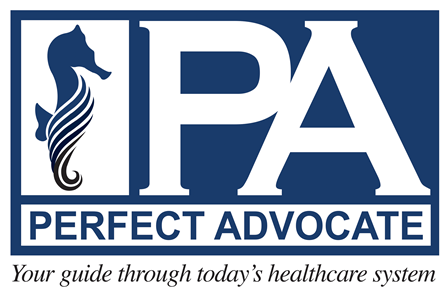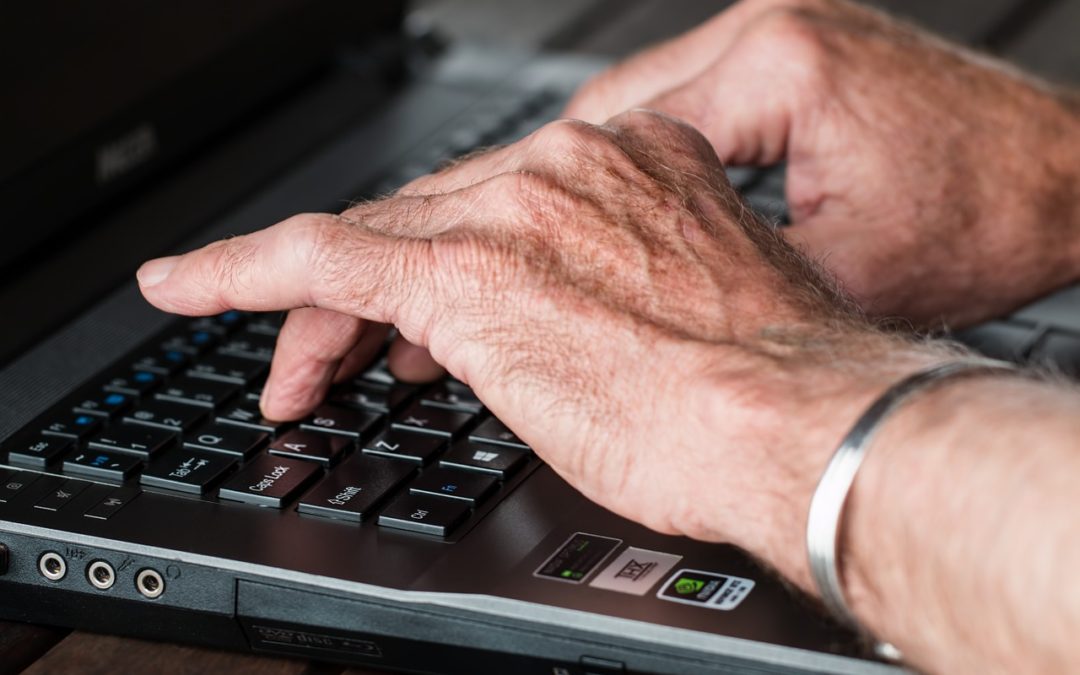Dementia is categorized into seven stages for easy tracking of a person’s mental health progress. Medical professionals can, therefore, determine the appropriate treatment. The Reisberg Scale is a seven-stage scale that has been adopted by clinical providers to categorize the disease.
Stage 1: No Cognitive Impairment
This is the normal mental functioning without any signs of memory loss.
Stage 2: Very Mild Cognitive Decline
What is this gadget used for? Such forgetfulness is common in people with over 65 years. This may be dismissed as mild, but is a thing in dementia stages. As time passes, it may deteriorate into more obvious mental decline.
Stage 3: Mild Cognitive Decline
At this stage, cognitive and memory problems become a regular thing. It is good to start dealing with these symptoms as soon as they appear. It may not have an impact on the day-to-day activities of a person, but it will present itself as:
- Memory loss
- Difficulties with driving
- Verbal repetition
- Difficulty in solving problems
Stage 4: Moderate Cognitive Decline
The person has clear signs of mental damage that characterize the early stages of dementia. Caregivers should watch out for:
- Lack of responsiveness
- Denial of symptoms
- Social withdrawal
- Emotional moodiness
Stage 5: Moderately Severe Cognitive Decline
From this point onwards, a person may no longer have the ability to carry out their normal activities such as dressing without getting assistance from caregivers. Many professionals refer to this stage as mid-stage dementia. The following systems may begin occurring at stage 5:
- Further reduced mental sharpness and ability to deal with problems
- Extremely noticeable memory loss, including the memory of current events and personal details.
Stage 6: Severe Cognitive Decline
This stage can also be referred to as moderately severe Alzheimer’s disease. It is characterized by the necessity that a caregiver is present to assist the patient in most daily activities such as using the toilet and dressing. Other symptoms may include delusions or paranoia, sleep difficulties, lack of control over urination and inability to know loved ones.
Stage 7: Very Severe Cognitive Decline
At this stage, a person is unable to take care of themselves. They may also suffer from a communication breakdown. Their ability to walk or even speak may be lost if they have no one to help.
It is important to familiarize with these stages so that in case they were to come up, you shall be able to arrange care for someone who might need it.


Recent Comments